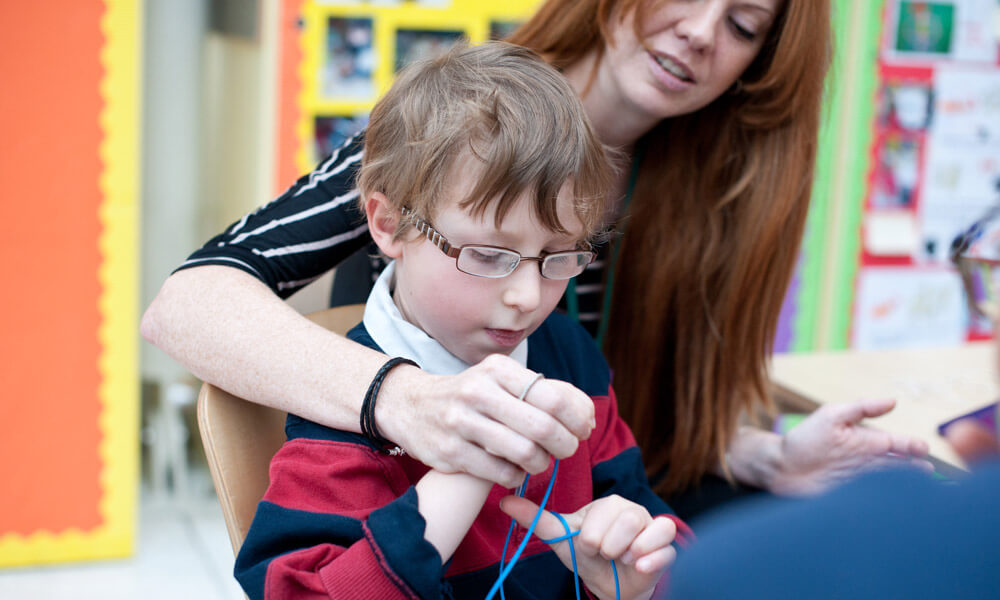Home
About Us
Page 2
With that, the Targeting Persistent HIV Reservoirs Grant Program seeks to efficiently monitor and specially target reservoirs of latently infected cells in order to facilitate and enable the testing of various strategies in curing HIV infections in vivo.
|
|
The NIH, together with its partner organizations, is set to administer annual funds in the amount of $275,000 to $300,000 to support the initiatives of this program.
The institutions and organizations which will be considered eligible to take part in this program are the following:
a) Higher Education Institutions such as Public/State Controlled Institutions of Higher Education and Private Institutions of Higher Education
b) Hispanic-serving Institutions, Historically Black Colleges and Universities (HBCUs), Tribally Controlled Colleges and Universities (TCCUs), Alaska Native and Native Hawaiian Serving Institutions
c) Nonprofit organizations other than institutions of higher education
d) For-Profit Organizations such as Small Businesses
e) State Governments, County Governments, City or Township Governments, Special District Governments, Indian/Native American Tribal Governments (Federally Recognized), and Indian/Native American Tribal Governments (Other than Federally Recognized)
f) Independent School Districts, Public Housing Authorities/Indian Housing Authorities, Native American Tribal Organizations (other than Federally recognized tribal governments), Faith-based or Community-based Organizations, and Regional Organizations.
Targeting Persistent HIV Reservoirs Grant Program
Back to Page 1
About The Author Iola Bonggay is an editor of TopGovernmentGrants.com one the the most comprehensive Websites offering information on government grants and federal government programs. She also maintains Websites providing resources on environmental grants and grants for youth programs. |
Additional Resources
category - Health Grants
Developing and Strengthening Services and Systems that Support Family Cohesion and Respond to the Separation of Children in Democratic Republic of Congo
Zambia Economic Resilience Program for Improved Food Security
Leadership Group for a Clinical Research Network on Antibacterial Resistance Program
Strategic Alliances for Medications Development to Treat Substance Use Disorder Program
Follow @topgovtgrant
Social Entrepreneurship
Spotlight
Social Enterprise Breathes Magic for Children with Hemiplegia

Breathe Magic, an international program that incorporates specially adapted magic tricks and performance skills into therapy programs to improve physical and mental health outcomes for people of all ages, will be working or the benefit of children in Australia.
